Now Reading: G-Dragon and YG Entertainment’s Yang Hyun-suk Face Explosive Copyright Infringement Probe
-
01
G-Dragon and YG Entertainment’s Yang Hyun-suk Face Explosive Copyright Infringement Probe
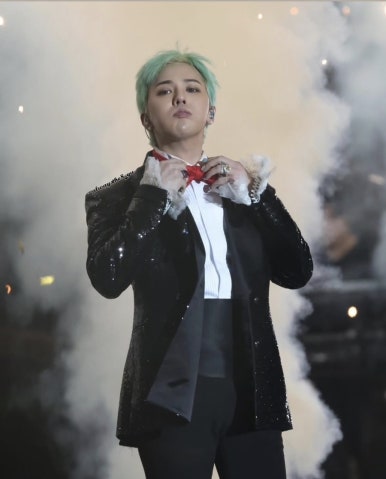
G-Dragon and YG Entertainment’s Yang Hyun-suk Face Explosive Copyright Infringement Probe
G-Dragon and YG Entertainment’s Yang Hyun-suk Face Explosive Copyright Infringement Probe
K-pop is reeling from shocking news: G-Dragon and Yang Hyun-suk, the executive producer and head of YG Entertainment, are under police investigation over alleged copyright infringement. According to Yonhap News Agency 2025, the Seoul Mapo Police Station opened the probe in November after receiving a formal complaint from composer A, who accused the two of unlawfully copying his song.
1. Police Launch High-Profile Investigation into K-pop Icons
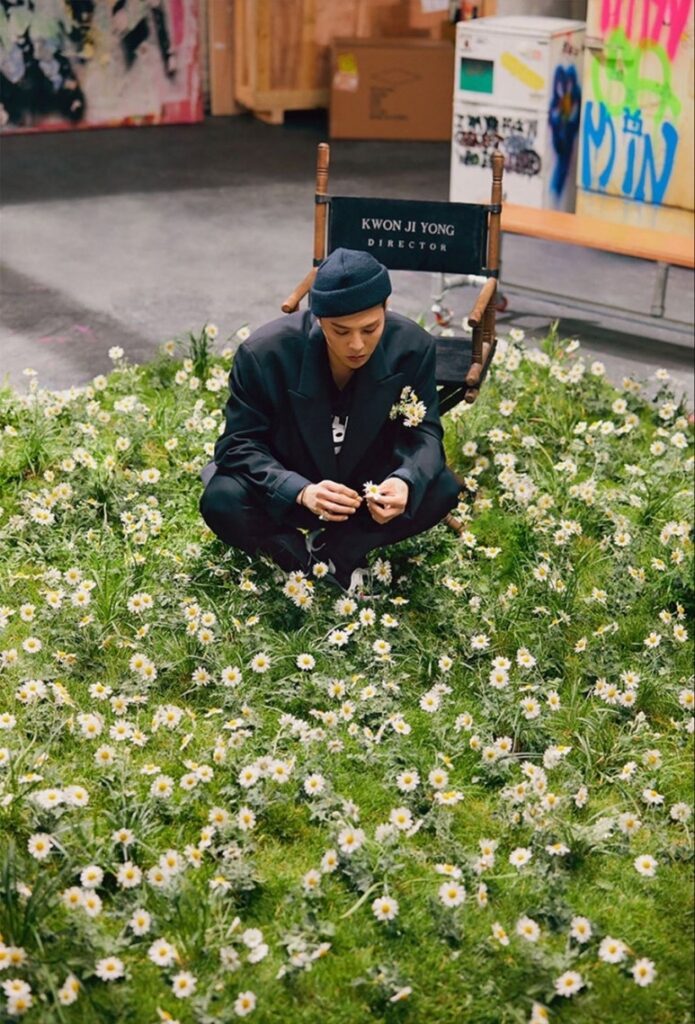
Investigators have already questioned those involved and conducted two raids on YG Entertainment’s headquarters, signaling that this is far from a routine inquiry. The case has attracted widespread media attention, given G-Dragon’s global fame and Yang Hyun-suk’s pivotal role in shaping the K-pop industry (The Korea Times 2025).
2. Allegations That Could Rock the Korean Music Industry
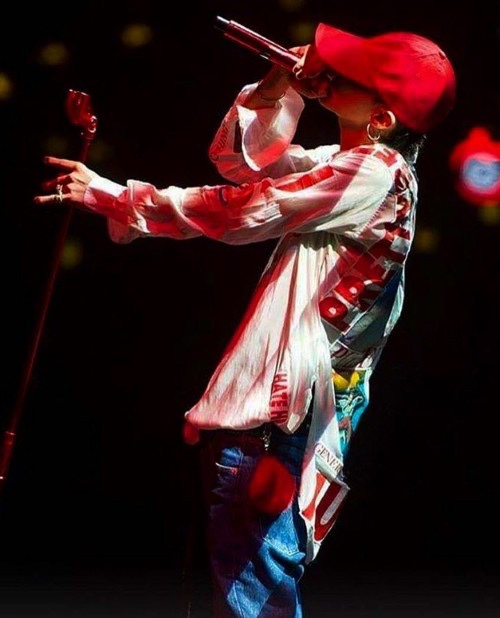
The complaint alleges that the pair’s work contains substantial similarities to the complainant’s composition, raising questions about intellectual property rights enforcement in Korea’s booming music market.
3. Potential Legal and Industry Repercussions
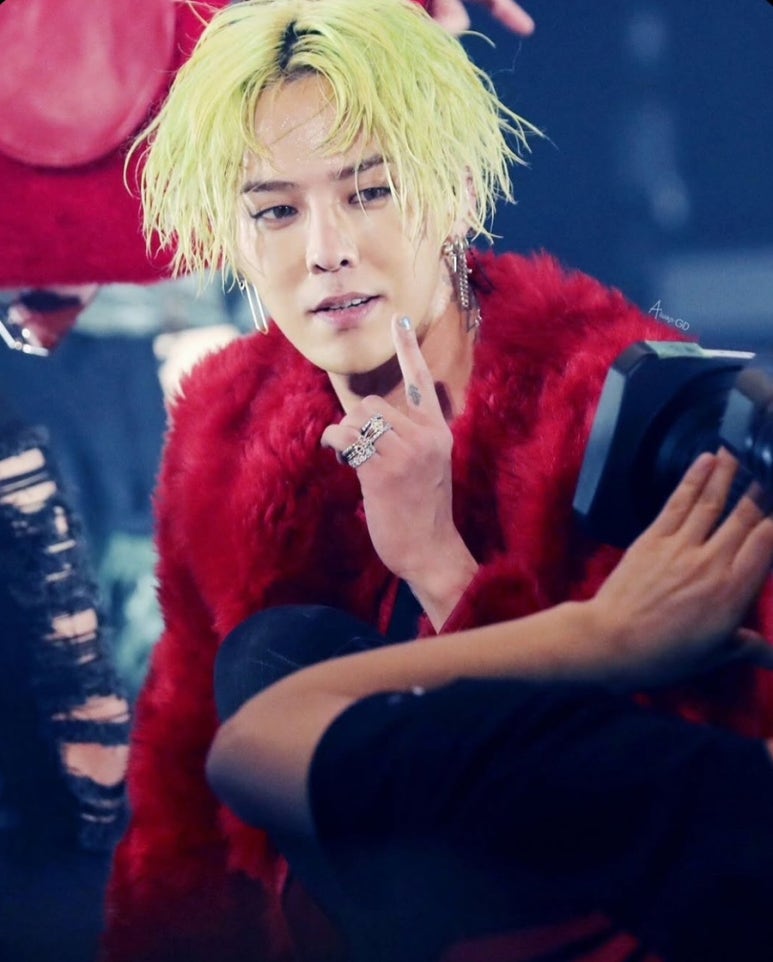
If proven, copyright infringement can result in severe civil and criminal penalties, potentially damaging both the artists’ careers and YG Entertainment’s reputation.
4. Past Controversies and Public Perception
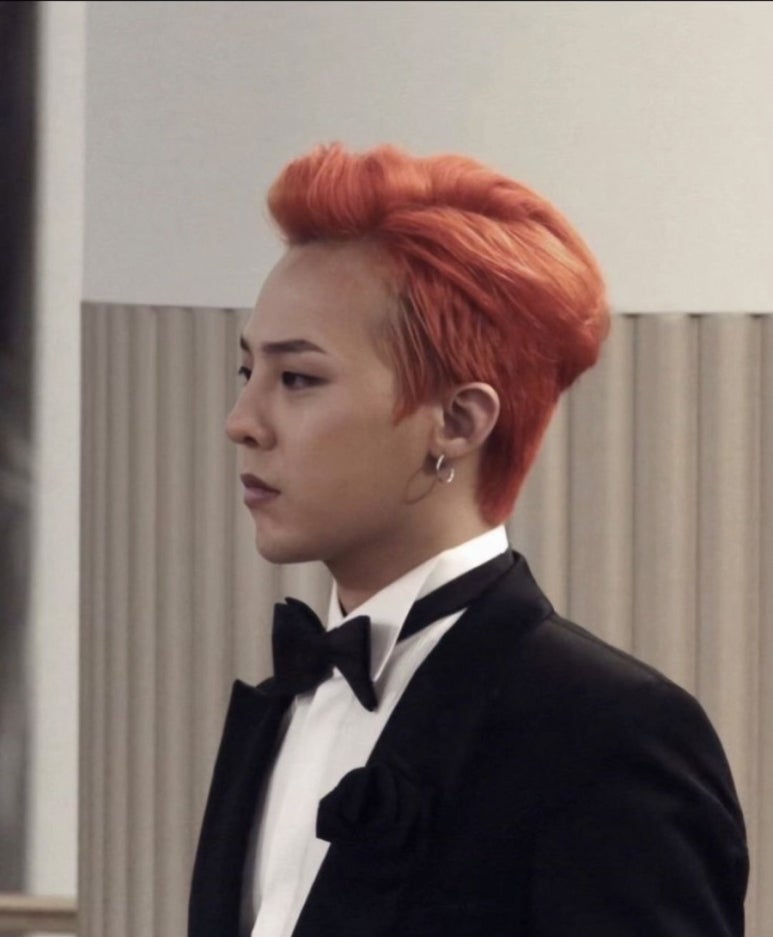
Both G-Dragon and Yang have previously faced public scrutiny for unrelated issues. This new case could further complicate their public image and influence fan loyalty.
5. The Role of Intellectual Property Law in K-pop

This case underscores the growing importance of intellectual property protection in K-pop, where global streaming has amplified both opportunities and legal risks for creators.
6. Timeline of the Investigation
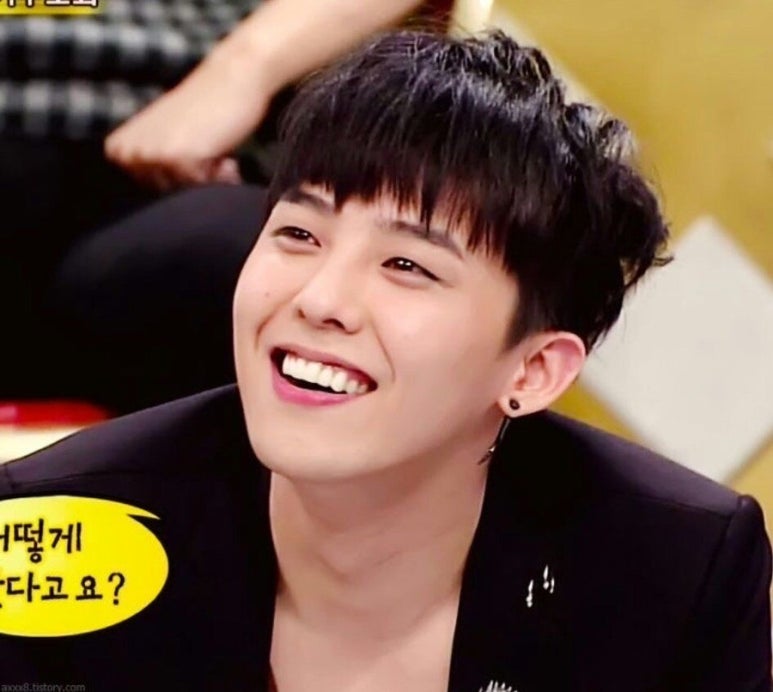
November 2024 – Complaint filed.
December 2024 – Initial questioning of parties.
Early 2025 – Raids on YG Entertainment headquarters.
7. Industry Response to the Allegations
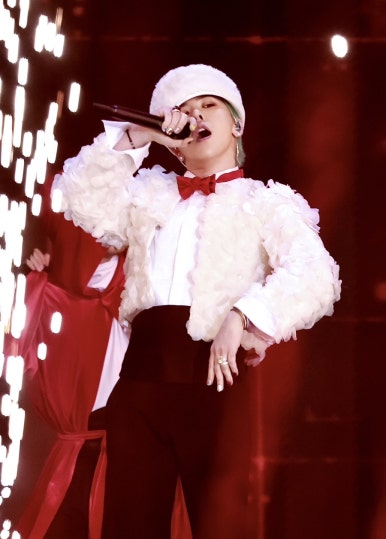
Other entertainment agencies are reportedly reviewing their copyright compliance policies to avoid similar scandals.
8. Public and Fan Reactions
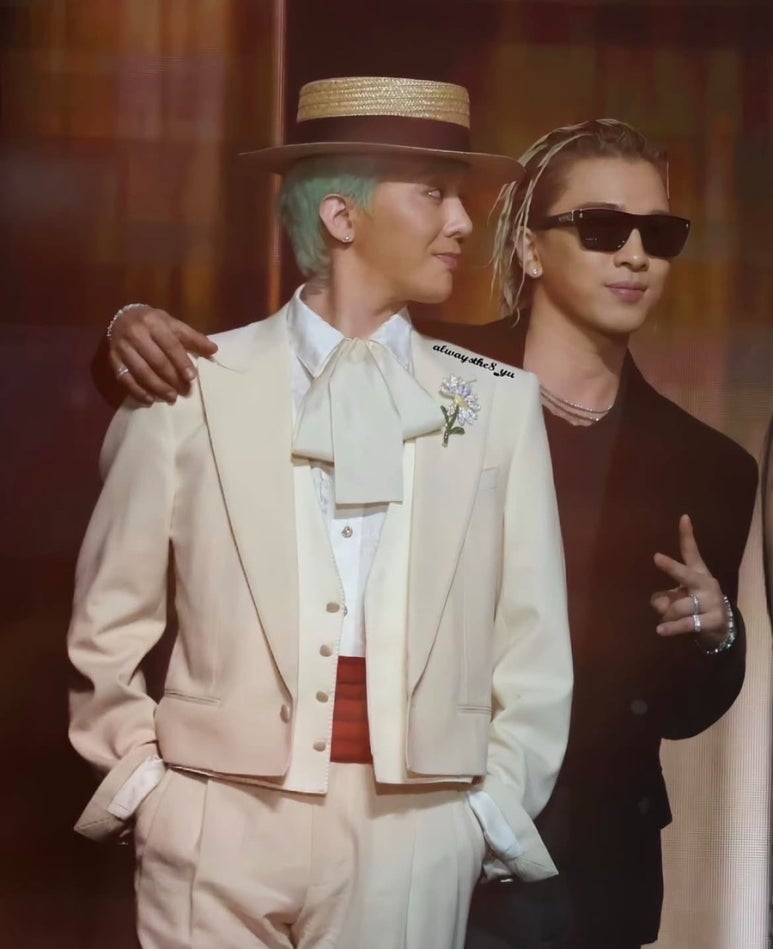
Social media is buzzing with mixed opinions—some fans defend the duo’s artistry, while others call for accountability.
9. What’s Next in the Investigation?

Police are expected to analyze musical compositions for similarities and consult forensic musicologists before deciding on charges.
10. The Global Implications
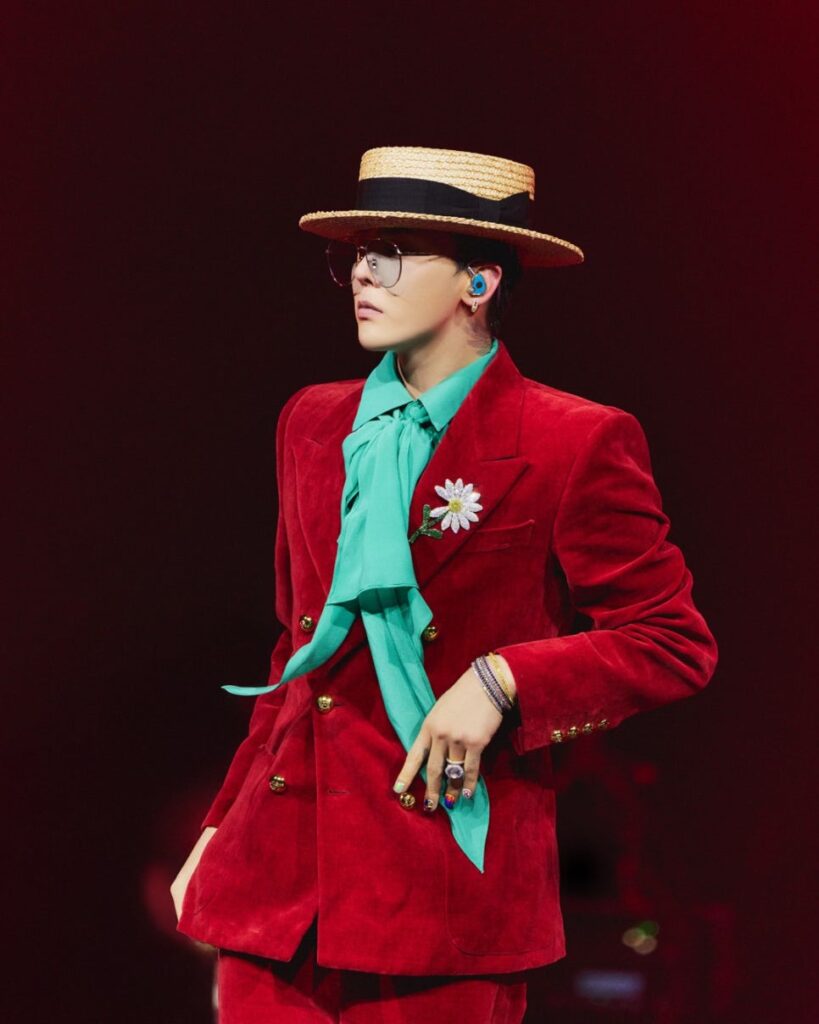
With K-pop’s expanding international footprint, the case could influence how copyright disputes are handled in cross-border entertainment law.
Could This Be a Turning Point for K-pop Copyright Law?
The investigation could set a precedent for stricter copyright enforcement in the Korean entertainment industry, potentially changing how producers and songwriters collaborate.
Step-by-Step Guide: How Copyright Disputes Unfold in Korea
- Filing of a complaint to police.
- Preliminary investigation and questioning.
- Collection of evidence (including raids).
- Expert analysis of disputed works.
- Decision on whether to file formal charges.
Common Mistakes to Avoid for Artists
- Failing to document the songwriting process.
- Not securing legal review of compositions before release.
- Overlooking proper licensing when sampling other works.
FAQ
Q1. What is the penalty for copyright infringement in Korea?
A. Penalties can include fines, imprisonment, and compensation for damages.
Q2. Has G-Dragon faced similar accusations before?
A. Not for copyright infringement, though he has been involved in other controversies.
Q3. How long can such investigations take?
A. Several months to over a year, depending on evidence complexity.
Expert Insight
“This case could reshape the landscape of creative rights in K-pop, especially if it leads to high-profile convictions.” — Prof. Kim Ji-hoon, Entertainment Law Specialist






























